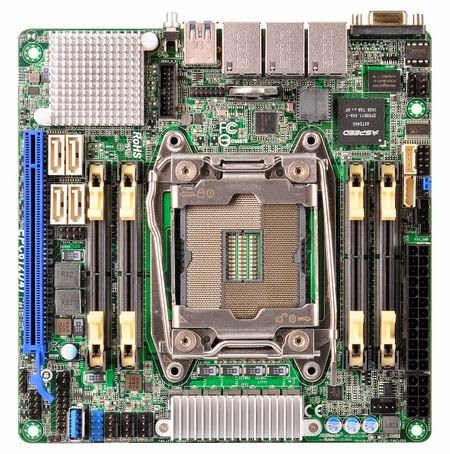Spy Agencies Wanted To Use #Google Play To Install #Spyware

App stores such as the iTunes App Store, Google Play, BlackBerry World, and the Windows Phone Store are meant to be safe havens for apps and its users where thanks to the review efforts, apps that are published in these stores follow a certain guideline and are generally malware-free, versus apps found on third-party stores. However recent reports from CBC and The Intercept have revealed that spy agencies from the “Five Eyes” countries (which includes the USA, UK, Canada, Australia, and New Zealand) have reportedly been working together, and one of the methods they planned to use to gather intel was to install spyware through app stores such as Google Play. The reports are based on the leaked Snowden documents which reveals slides in which Google Play was referenced (it was known as Android Market back then). It also detailed how they planned on using Samsung’s app store to perform similar operations, although to date it is unclear as to how far along their plans are, or if it w...





